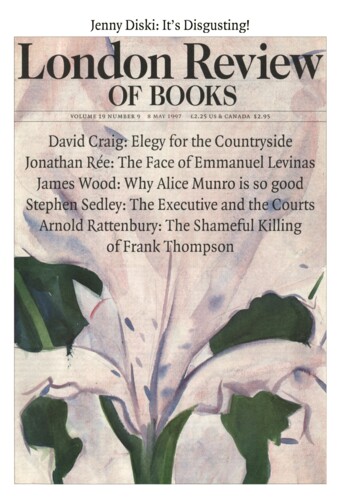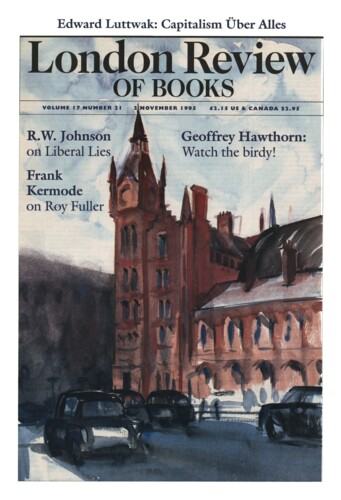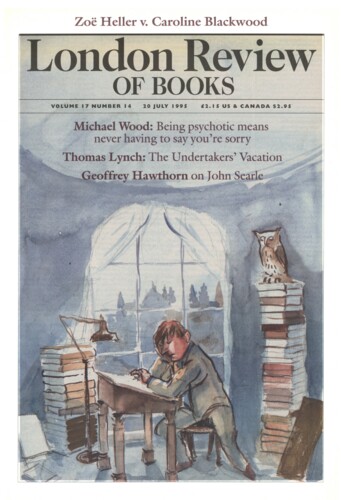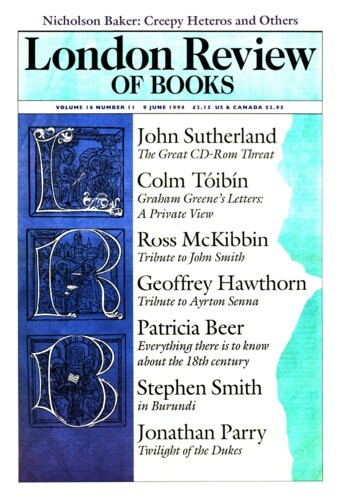Top of the Class
Geoffrey Hawthorn, 8 May 1997
No theorist of what only a theorist would dare to call ‘modern society’ commands more attention in the anglophone world; no one is closer to the centre of the local ‘field of power’, as he would describe it, that is Parisian intellectual life. Pierre Bourdieu’s first book, his 1958 ethnography of the Kabyle of Algeria, was, it’s true, social anthropology done in the British manner: it talked of the social functions of ‘solidarity’. But even as he finished it, Bourdieu was being drawn to the very different theory of ‘practical ensembles’ that Sartre was directing against the orthodox Marxism-Leninism of the French Communist Party. His essays on Algeria in the early Sixties talked of a ‘solidarity’ fashioned in more adversarial circumstances. At the same time, Louis Althusser was trying to revive the Party’s materialism with his notion of the ‘ideological state apparatuses’ that did capitalism’s work with powers that were distinctively their own. Bourdieu was drawn by this, too. In 1972, he recast his thoughts on the Kabyle in a discernibly Althusserian Esquisse d’une théorie de la pratique. Five years later, in a revised English edition of that book, he settled on the view of what shapes social practices that has since guided his writings on class, education, post-Romantic art and the theory and practice of sociology itself.





